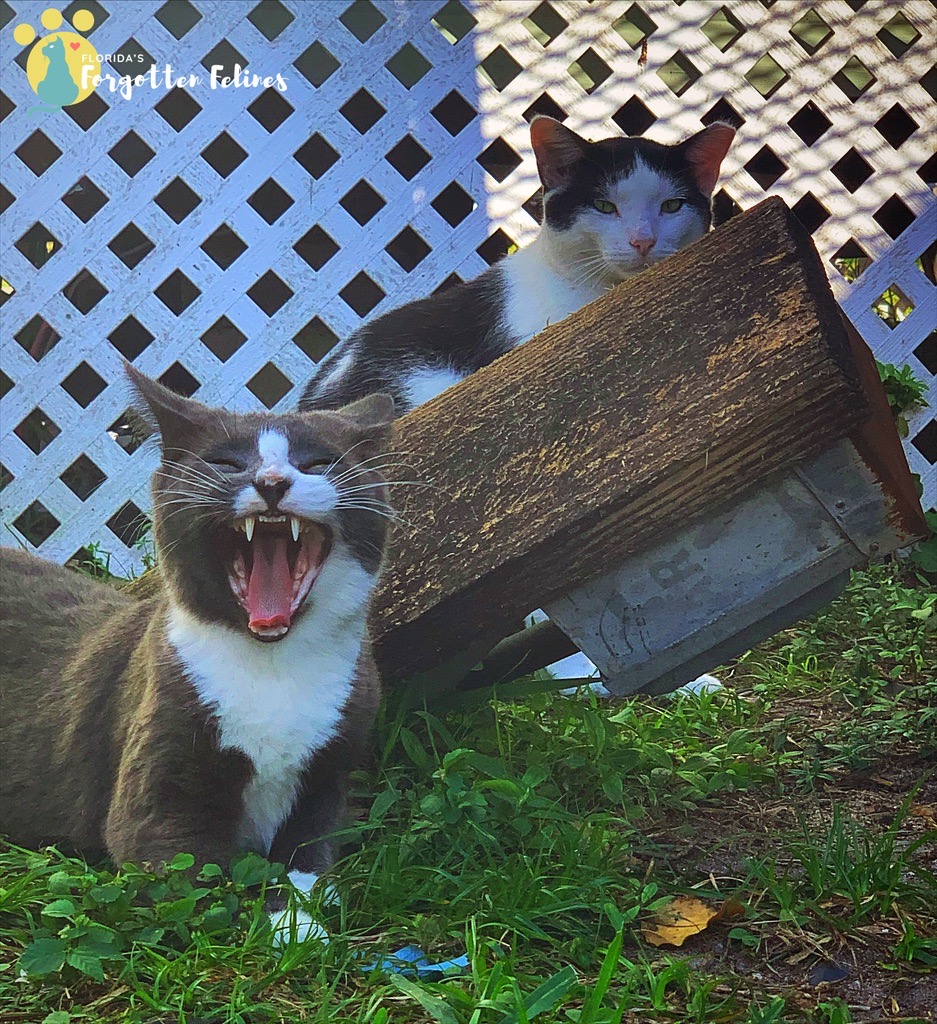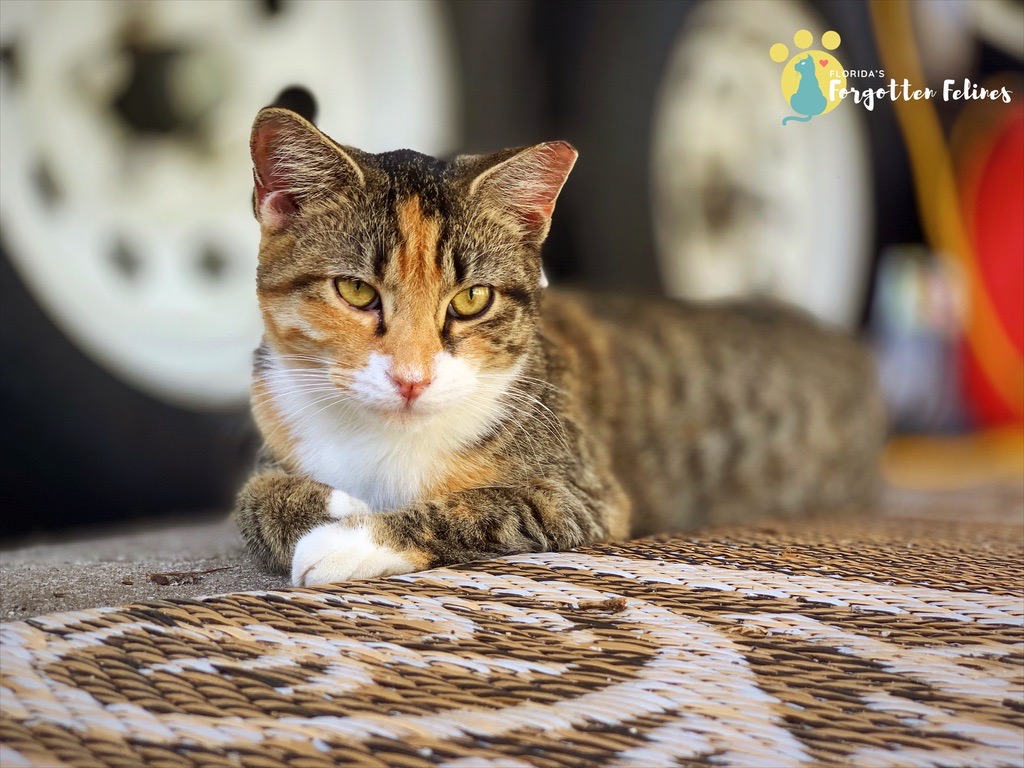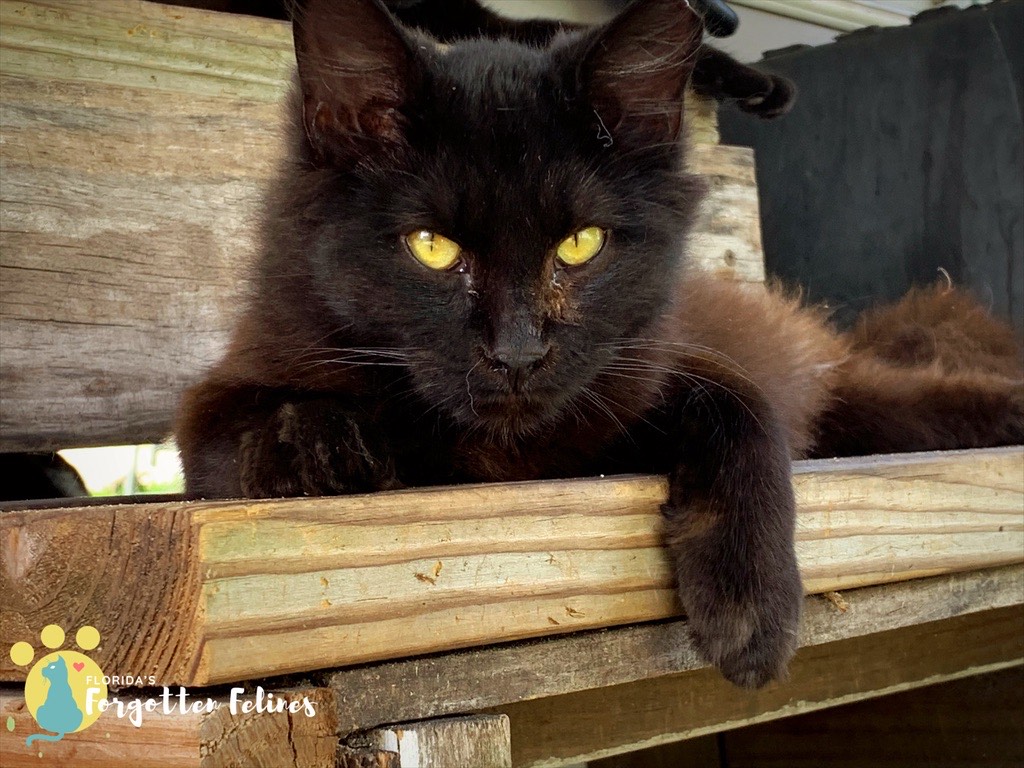Facts On Rabies and Cats
The incidences of known reviewed cases in cats is low. (270 cases in the United States in 2001, the most recent year for which data is available from the Center for Disease Control and Prevention. Most cases of rabies in cats come from areas such as the northeast, where there are large raccoon populations. Raccoons are a vector species for rabies, and can pass the virus onto cats. There have been no known cases of rabies in humans from cats since at least 1975.

Feral Cats and Rabies

How the Rabies Virus Spreads
- Exposure: An animal with an active case of rabies can spread it through their saliva, so it can be transmitted by a bite, a scratch, or if the infected saliva touches the eye, nose or mouth.
- Incubation: Once the rabies virus enters an animals system, it incubates for 30 to 90 days on average, during which time the virus travels to the brain. An animal is not contagious during incubation period.
- Shedding (Infectious): what’s the virus reaches the brain, it then travels to the salivary gland’s and can be transmitted to others. During the first five days of this acute phase, the animal may appear normal yet be contagious. Within 10 days of the start of this contagious stage, the animal will show signs of rabies, including acting vicious or aggressive, or seem sick, shy, scared or dazed.
Steps To Take If Exposed to Infected Feline Saliva
If the cat is confined after exposure:
Clean out the wound thoroughly and seek immediate medical attention. Your doctor may prescribe antibiotics to prevent common bacterial infections (which are easily caused by cat bites and can be serious), and may recommend other treatment as well. If the cat is confined, it is usually not necessarily to immediately start on a course of rabies prophylaxis, although your decision should be made in consultation with your medical doctor. In many cases it is sufficient to quarantine the cat, keeping him away from the other animals or people for 10 days.
If the cat dies or shows signs of ill health or rabid behavior during the 10 day quarantine, contact a public health official or veterinarian to see if further testing is required. If you are uncertain whether the cat is showing symptoms, consult with public health officials or a veterinarian and do not determine on your own whether further testing is needed. Further testing will require euthanasia if the cat is alive. If the tests show the animal has rabies, the treatment for possible exposure of rabies is normally required. Consult your medical doctor in making this decision. If the cat remains healthy for the 10 day quarantine, the cat was not shedding the rabies virus at the time of exposure, and no treatment of the person exposed to rabies is required.

